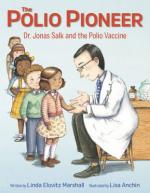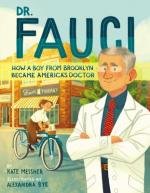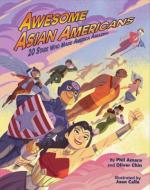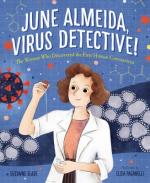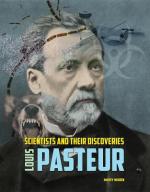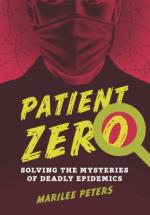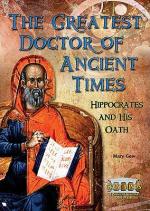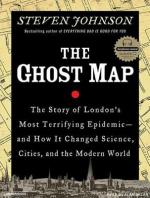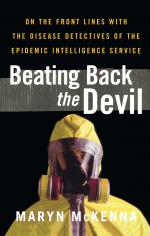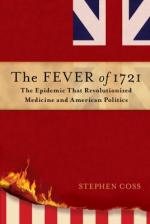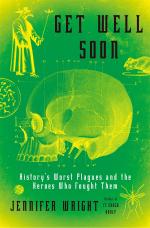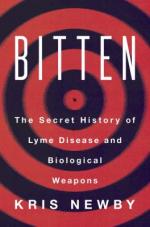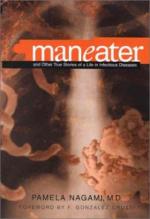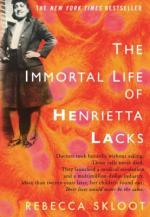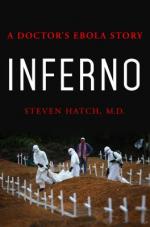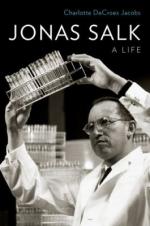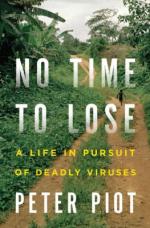May 17, 2021 | strande
Throughout history, humans have fought against invisible bacteria, viruses, and fungi that make us sick. There are many people who have made incredible discoveries that helped us learn about the diseases that plague us and how to vanquish them; learn about some of these people, and others involved in fighting off these public health threats.
Titles are listed with those intended for older audiences toward the bottom.
The child of immigrants who never learned to speak English, Jonas was struck by the devastation he saw when the soldiers returned from battle after WWII. Determined to help, he worked to become a doctor and eventually joined the team that created the influenza vaccine.
This narrative follows Anthony from his Brooklyn beginnings through medical school and his challenging role working with seven US presidents to tackle some of the biggest public health challenges of the past fifty years, including the COVID-19 pandemic.
Discover important chapters of U.S. history, and the marvelous accomplishments of these trailblazers, including Dr. Flossie Wong-Staal (biologist & virologist) who passed away in 2020.
Almeida's skill in using the electron microscope to examine cells and help identify viruses earned her promotion and respect in the science community. When June was 34 years old, she discovered the first human coronavirus.
Discusses the life story of Louis Pasteur, his study of microbes, and his development of vaccines for deadly illnesses. He is perhaps best known for creating lifesaving vaccines against deadly illnesses, including anthrax, cholera, and rabies.
Follows the work of the men and women who solved the mystery of seven killer epidemics, including yellow fever, typhoid, and ebola. Millions of people owe their lives to the work of these pioneer epidemiologists, work that continues to this day.
The ancient Greek physician Hippocrates, posited that diseases and cures came from nature instead of gods, and that physicians could treat a patient using knowledge obtained from experience and training. This idea formed the basis of modern medicine
Tells the story of "Typhoid" Mary Mallon, a cook in the early twentieth century who was a carrier for typhoid fever and sickening dozens. Mary Mallon is a fascinating figure in the history of public health.
A chronicle of Victorian London's worst cholera outbreak traces the day-by-day efforts of Dr. John Snow, who put his own life on the line in his efforts to prove his previously dismissed contagion theory about how the epidemic was spreading.
They are formally called the Epidemic Intelligence Service (EIS). They are talented researchers - many with young families - who trade two years of low pay and extremely long hours for the chance to be part of the group that has helped eradicate smallpox, push back polio, and solve the first major outbreaks of Legionnaires' disease, toxic shock syndrome, and E. coli O157.
During the worst smallpox epidemic in Boston history Cotton Mather (upon the advice of Onesimus, a man that Mather held as his slave) convinced Doctor Boylston to try a procedure that he believed would prevent death--by making an incision in the arm of a healthy person and implanting it with smallpox.
This is full of gruesome, morbid details of some of the worst plagues in human history, as well as stories of the heroic figures who fought to ease the mass suffering.
A chronicle of the stunning story of how the germ theory of disease became a true fact, how two men of ambition were emboldened to reach for something more, and how scientific discoveries evolve into social truths.
This true story dives into the mystery surrounding one of the most controversial and misdiagnosed conditions of our time--Lyme disease--and of Willy Burgdorfer, the man who discovered the microbe behind it.
Most of us think nothing of that salad for lunch, that insect bite, that swim in the sea; yet these all bring human beings into contact with dangerous microorganisms. Nagami discusses the shocking cases of bacterial and viral infections she encountered in her career as an infectious disease specialist, and most compellingly, what it feels like to make the medical and ethical decisions that can mean the difference between life and death.
Documents the story of how scientists took cells from an unsuspecting descendant of freed slaves and created a human cell line that has been kept alive indefinitely, enabling discoveries in such areas as developing the polio vaccine, cancer research, in vitro fertilization, and gene mapping.
Available as a book discussion kit.
A physician's memoir about the ravages of a terrible disease and the small hospital that fought to contain it, Inferno is also an explanation of the science and biology of Ebola : how it is transmitted and spreads with such ferocity.
Salk's story has never been fully told; until now, his role in preventing polio has overshadowed his part in co-developing the first influenza vaccine, his effort to meld the sciences and humanities in the magnificent Salk Institute, and his pioneering work on AIDS.
When Peter Piot was in medical school, a professor warned, "There's no future in infectious diseases. They've all been solved." Fortunately, Piot ignored him, and the result has been an exceptional, adventure-filled career.

